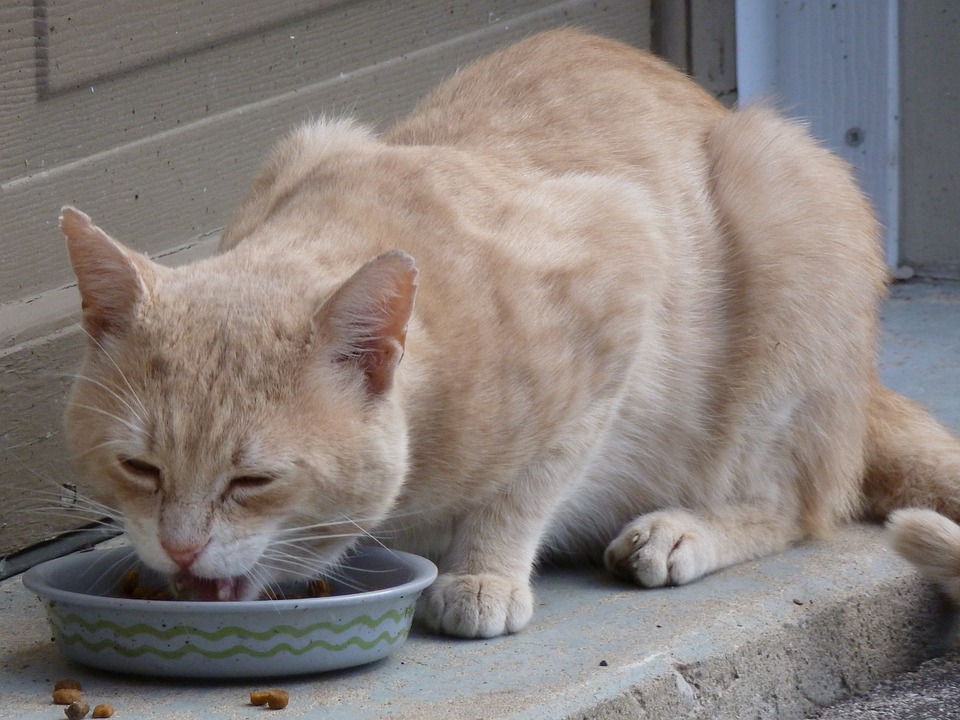
Animals age faster than we do, and that’s a sad truth. After a certain age, their health can deteriorate, and they spend more time sleeping. Their needs change, and you need to adjust your behavior and purchases accordingly. Senior cat food is not just a marketing ploy; it’s a reality: you can’t feed a senior cat the same way you did when she was a kitten. After all those years of being with your cat, it’s only natural to care for her with the utmost respect. Here are some tips on how to give your cat the best possible care.
1. Increase visits to the vet
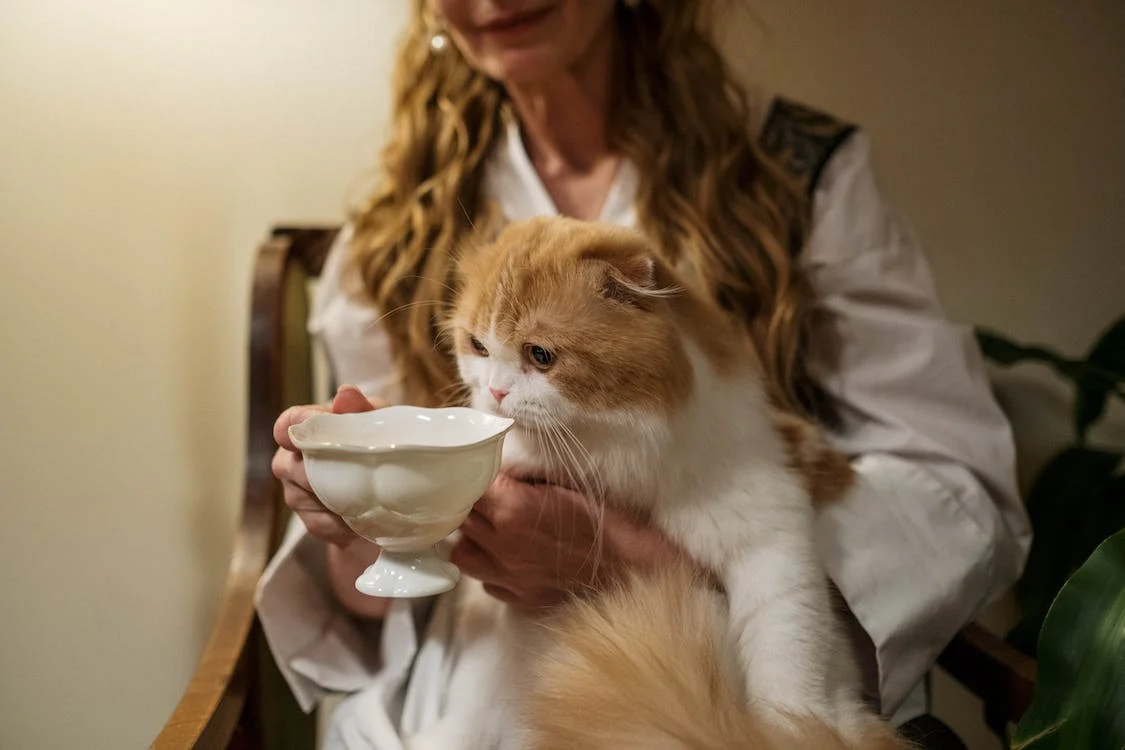
Visiting the veterinarian is never fun for you or your cat. However, with the risk of disease increasing with each passing year, you need to have your feline examined at least twice a year. It’s a definite cost, but it’s something to consider. Do not hesitate to consult as soon as you notice a significant change in behavior. The older he gets, the more important it is to maintain his health. This obviously includes vaccinations. They become more regular with time, so be sure your cat is up-to-date.
2. Educate yourself
If you’re reading this article, you’re already on the right track. As your cat gets older, you’ll need to learn more about her needs and behaviors. It’s important to observe your cat every day to see if there are any worrisome behaviors. Is she spending more time in the litter box, limping with her right paw, and eating less? Any disturbance could be a symptom of illness.
3. Take care of your cat
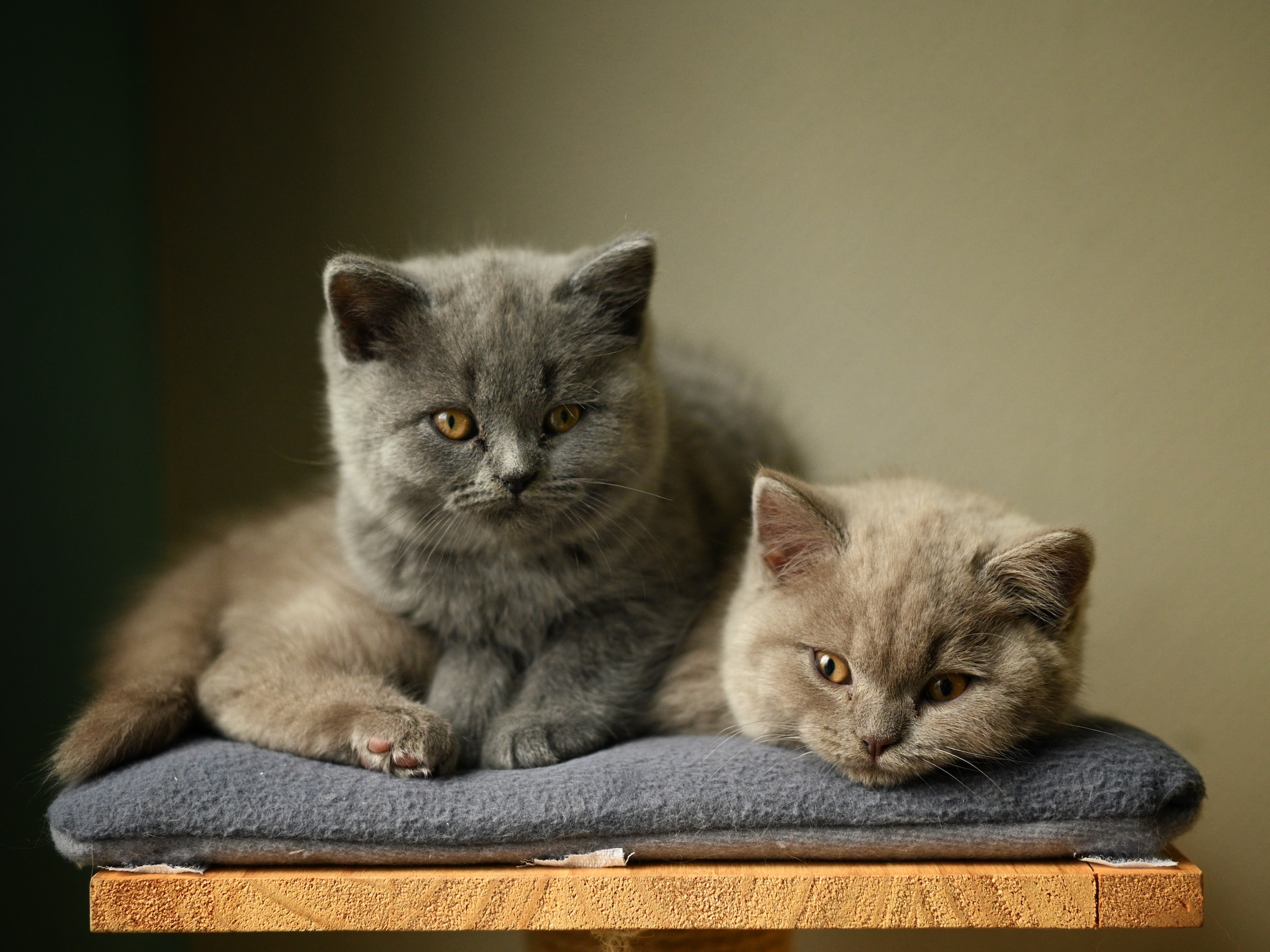
Again, you’re not going to treat your senior cat like a kitten. Her stomach is becoming more fragile, and it’s important to take care of it. For example, it’s a good idea to space out meals to aid digestion. Rather than offering one or two large meals, give your senior cat his or her kibble in ten portions throughout the day. But be careful with the amount of food. Don’t overfeed your pet, as excess weight in older cats can lead to a variety of health problems and shorten its life span.
4. Playing sports
Your cat has less energy than he used to, but that doesn’t mean he should stop exercising. As with humans, regardless of age, it’s important to get some exercise from time to time. These exercises will help maintain his muscles, bones, and joints. The more time your cat spends on the couch, the more likely it is to get tangled up.
5. Paying attention to her teeth
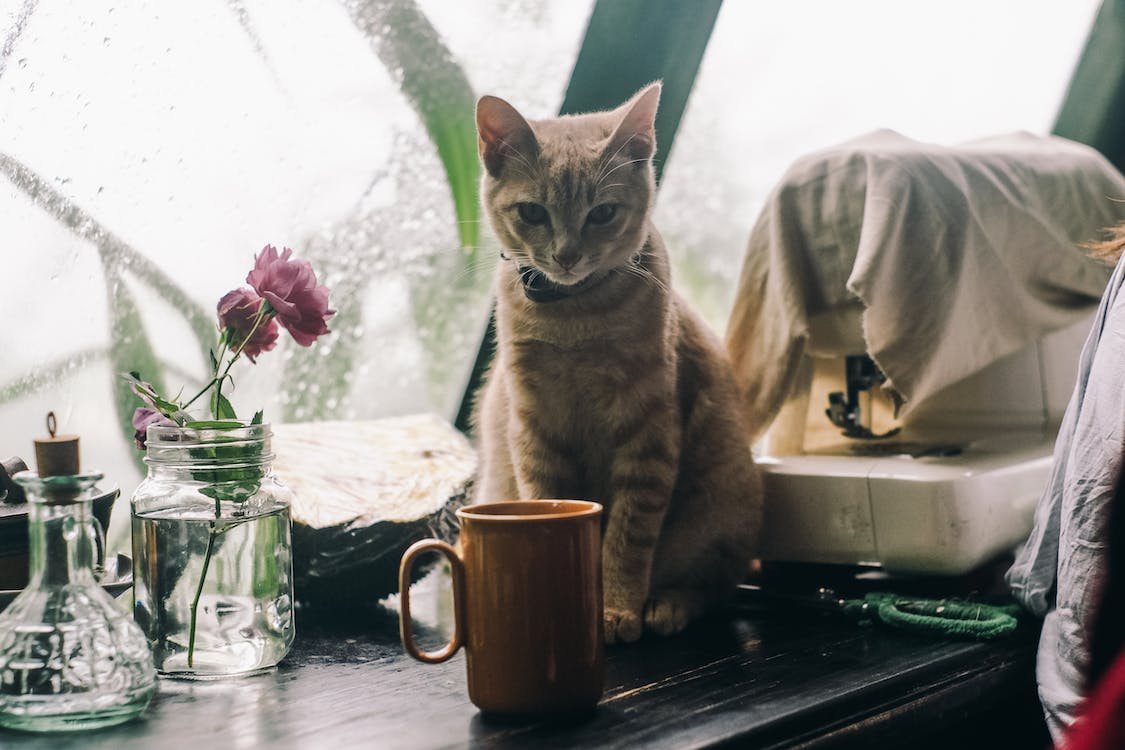
It’s easy to worry about a cat’s heart, eyes, or joints, but it’s easy to forget that his teeth are vital organs for him. You should not neglect the dental follow-up of your pet; your veterinarian will be able, for example, to clean them in a complete way as soon as he will judge it necessary. Don’t hesitate to brush them yourself from time to time.
6. Create a healthy environment
Your cat needs to stay clean. It’s important to check the basket and the area around it. The area should be clean, and you should always be on the lookout for fleas. This is especially true if your cat goes out regularly. If your pet is rather inactive, then you should pay attention to its claws. If he doesn’t use them, they can become dangerous. Inspect them regularly, and trim them if you think it’s necessary.
7. Love and care
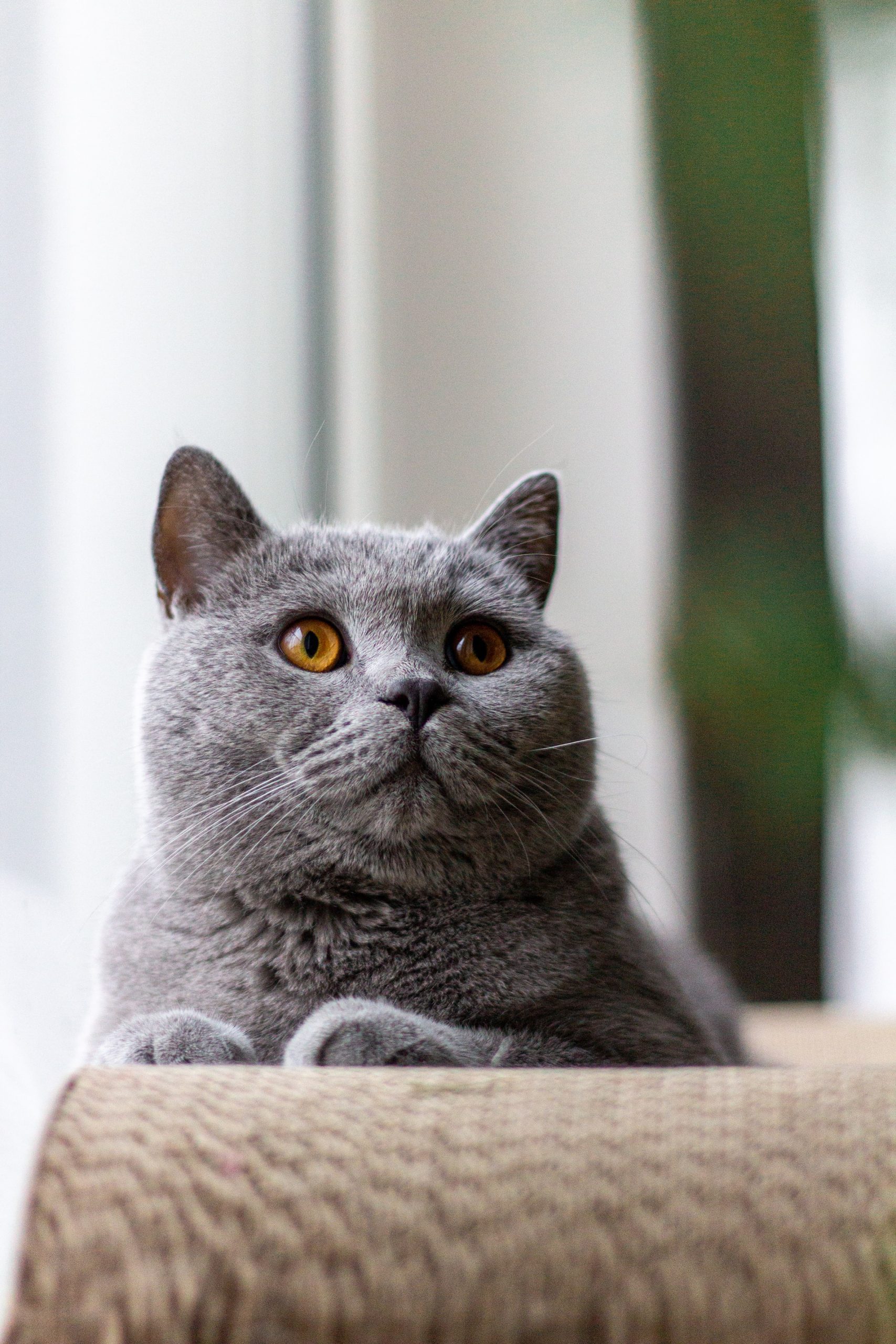
The best care you can give your pet is, above all, your love, attention, and vigilance. A pampered cat will naturally be healthier and happier. Respect his living space if it changes with his age. Give him petting if he asks for it, but respect his private space if he is, or becomes, embarrassed by tactile affection. Be careful, though, as a sudden change in behavior could be a sign of a health problem.
Finally, caring for a senior cat is not unlike living in harmony with any other animal. You need to keep an eye on him, ensure he gets the proper medical care, and pay attention to his diet and behavior. The key word is well-being, and you should never hesitate to do too much. Respect your pet and tell yourself that it has many years of madness behind it!
Sound off in the comments section below, and tell us what you want to read next and if you want to read more about taking care of an old cat.





